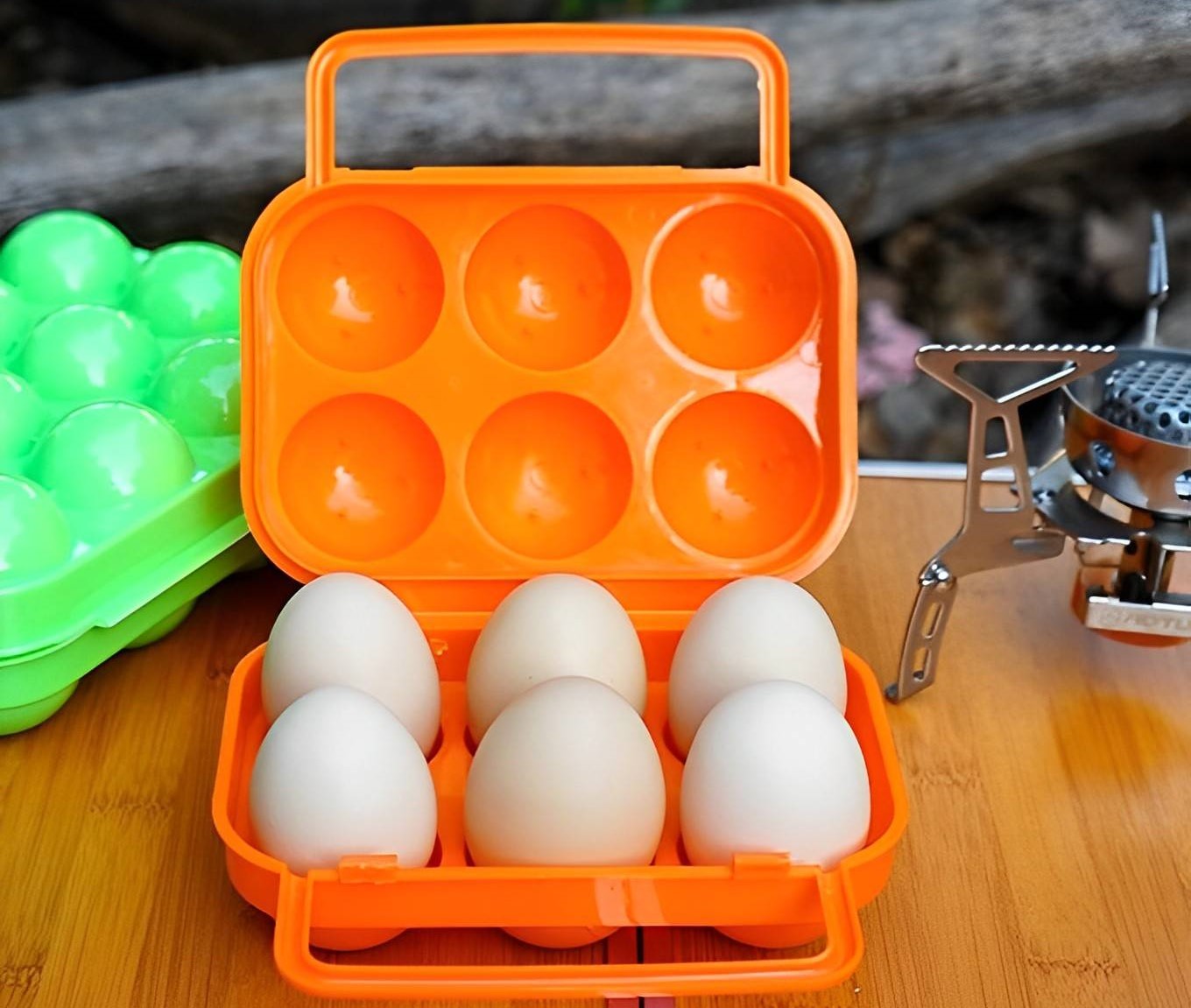

Articles
How To Store Eggs For Camping
Modified: August 31, 2024
Learn how to store eggs for camping with these helpful articles. Keep your eggs safe and fresh during your outdoor adventures.
(Many of the links in this article redirect to a specific reviewed product. Your purchase of these products through affiliate links helps to generate commission for Storables.com, at no extra cost. Learn more)
Introduction
When it comes to camping, one of the essential items to bring along is a good supply of food. And if you’re an egg lover, ensuring that you have fresh eggs to enjoy during your outdoor adventure is a must. But how do you store eggs while camping? Without the convenience of a refrigerator, keeping eggs safe and edible might seem like a challenge.
In this article, we will explore different methods and tips for storing eggs while camping. Whether you’re embarking on a weekend camping trip or a longer expedition, these strategies will help you keep your eggs fresh and delicious.
So, let’s get cracking and learn how to store eggs for camping!
Key Takeaways:
- Keep your camping eggs fresh by choosing quality, fresh eggs with intact shells and a long shelf life. Opt for organic or free-range eggs for higher quality and follow proper preparation steps before storing.
- Whether using natural insulation, a cooler, or egg alternatives, ensure your camping eggs stay safe and delicious. Regularly monitor their condition and discard any spoiled eggs to enjoy a worry-free outdoor adventure.
Read more: How To Store Egg
Choosing Fresh Eggs
Before you head out on your camping trip, it’s essential to start with fresh eggs. By selecting quality eggs, you increase your chances of them lasting longer and remaining safe to consume. Here are some tips for choosing fresh eggs:
- Check the expiration date: Make sure to purchase eggs that have a long shelf life before they expire. This will give you more time to use them during your camping trip.
- Look for intact shells: Inspect the eggs to ensure that there are no cracks or damages on the shells. Avoid purchasing eggs with any visible flaws as they may spoil more quickly.
- Opt for organic or free-range eggs: Organic or free-range eggs are usually fresher and of higher quality compared to conventional eggs. These eggs often come from chickens that have been raised in more natural and healthier environments.
- Choose refrigerated eggs: When shopping for eggs, make sure to select them from the refrigerated section of the grocery store. This ensures that they have been stored properly before your purchase.
By following these guidelines, you can make sure you’re starting off with the freshest eggs possible.
Preparing the Eggs for Camping
Before storing the eggs, it’s important to take some precautions to ensure their safety and longevity. Follow these steps to prepare the eggs for camping:
- Inspect the eggs again: After purchasing the eggs, give them another quick inspection to make sure none of them have cracked during transportation.
- Wash the eggs (optional): Some people prefer to wash their eggs before storing them, particularly if they are from a local farm. However, washing can remove the egg’s natural protective coating, so it’s a personal preference.
- Separate damaged eggs: If you discover any eggs that are cracked or leaking, separate them from the rest to avoid any cross-contamination and spoilage.
- Consider pre-cracking eggs (optional): If you want to save space and reduce the risk of breaking eggs while camping, you can pre-crack them into a container and store the beaten eggs. This method is especially useful if you plan to use them for scrambled eggs or omelets.
By taking these steps, you are ensuring that the eggs are in the best possible condition for your camping trip.
Storing Eggs without a Refrigerator
If you’re camping without access to a refrigerator, don’t worry! There are still ways to store eggs and keep them fresh during your trip. Here are some methods you can try:
- Egg Cartons: Place the eggs in their original carton, making sure they are arranged with the pointed ends facing down. This helps to keep the yolks centered and prevents them from touching the shell. Store the carton in a cool and dry place, away from direct sunlight.
- Storage Containers: Alternatively, you can transfer the eggs to a plastic storage container or a sealed food-safe bag. Again, make sure the eggs are arranged with the pointed ends down. Place a small piece of paper towel or cotton ball soaked in water inside the container to maintain humidity.
- Natural Insulation: Utilize nature’s cooling methods by digging a hole in the ground, away from any contamination sources. Place the eggs in the hole and cover them with soil, ensuring they are well-protected. This method takes advantage of the earth’s stable temperature to keep the eggs cool.
Remember to check the eggs regularly and discard any that show signs of spoilage, such as an off smell or slimy texture. It’s also important to note that eggs stored without refrigeration may have a shorter shelf life compared to those kept in a fridge.
Store eggs for camping by placing them in a hard-sided container, such as a plastic egg carton, to prevent breakage. Keep them in a cooler with ice packs to maintain freshness.
Storing Eggs with a Cooler
If you have a cooler with you on your camping trip, you can easily store eggs and help extend their freshness. Follow these tips for storing eggs with a cooler:
- Pre-cool the cooler: Before placing the eggs in the cooler, make sure it is thoroughly cooled. This can be done by adding ice to the cooler and letting it sit for a while to lower the temperature.
- Use a cold pack: Place a cold pack or frozen water bottle at the bottom of the cooler. This helps maintain a cool temperature inside the cooler and prevents the eggs from warming up.
- Add insulation: Place a layer of insulation such as bubble wrap or a towel on top of the cold pack. This provides additional protection against temperature fluctuations.
- Egg carton or container: Put the eggs back in their original carton or transfer them to a container suitable for preserving their shape. Ensure the carton or container is sealed properly to keep out warm air.
- More insulation: Fill any empty spaces in the cooler with additional insulation materials like more towels, blankets, or even crumpled newspaper. This helps maintain a consistent temperature and prevents the eggs from moving around.
- Monitor the temperature: Regularly check the temperature inside the cooler to ensure it stays within the safe range. The ideal temperature for egg storage is around 40°F (4°C).
By following these steps and keeping the cooler closed as much as possible to retain the cold temperature, your eggs should remain fresh and safe to consume throughout your camping trip.
Read more: How To Store Egg Salad
Using Egg Alternatives for Camping
If you prefer not to deal with storing and transporting eggs during your camping trip, or if you have dietary restrictions, there are several egg alternatives that you can consider. These alternatives can be used in various camping recipes that call for eggs. Here are a few options:
- Powdered Eggs: Powdered eggs are a convenient and lightweight option for camping. Simply rehydrate the powder with water according to the package instructions, and you have a substitute for fresh eggs. They may not have the exact taste and texture of real eggs, but they work well in recipes like scrambled eggs or baked goods.
- Tofu: For those following a vegan or vegetarian diet, tofu can be a great substitute for eggs. Crumble or mash the tofu and season it with spices or seasoning of your choice. It works well in recipes like tofu scramble or as a binding agent in patties or baked goods.
- Bananas or Applesauce: In baking recipes that call for eggs, mashed bananas or applesauce can be used as a replacement. They add moisture and help bind the ingredients together. Be aware that these substitutions may alter the flavor of the final dish.
- Flaxseed Meal or Chia Seeds: A mixture of flaxseed meal or chia seeds combined with water can create a gel-like consistency that acts as an egg replacer. This can be used in recipes like pancakes, muffins, or cookies.
- Commercial Egg Replacers: There are also commercial egg replacers available on the market, which are designed to mimic the properties of eggs. These products can be found in health food stores or online and can be used in a variety of recipes.
Experiment with these alternatives to find the ones that suit your taste and dietary needs. They can be a convenient and reliable option for camping when you prefer not to deal with fresh eggs.
Conclusion
Storing eggs while camping may initially seem like a challenge, especially without the convenience of a refrigerator. However, with the right methods and precautions, you can ensure that your eggs remain fresh, safe, and delicious throughout your outdoor adventure.
Start by choosing fresh eggs and properly preparing them for storage. Whether you prefer to use the original egg carton, a storage container, or opt for natural insulation, make sure to arrange the eggs with the pointed ends down to maintain their quality.
If you have access to a cooler, you can further extend the shelf life of the eggs by pre-cooling the cooler, using a cold pack, and adding insulation to create a consistent and cool environment for the eggs.
Alternatively, if you prefer not to worry about storing and transporting eggs, there are various egg alternatives that you can use in your camping recipes. From powdered eggs to tofu, bananas, or flaxseed meal, these options offer versatility for different dietary needs.
Remember to regularly check the eggs for any signs of spoilage and discard any that are no longer fresh. It’s better to be cautious and avoid consuming eggs that may have become unsafe to eat.
By following these tips and methods, you can enjoy fresh and tasty eggs during your camping trips, adding a touch of comfort and nutrition to your outdoor meals. Happy camping and happy egg storage!
Frequently Asked Questions about How To Store Eggs For Camping
Was this page helpful?
At Storables.com, we guarantee accurate and reliable information. Our content, validated by Expert Board Contributors, is crafted following stringent Editorial Policies. We're committed to providing you with well-researched, expert-backed insights for all your informational needs.

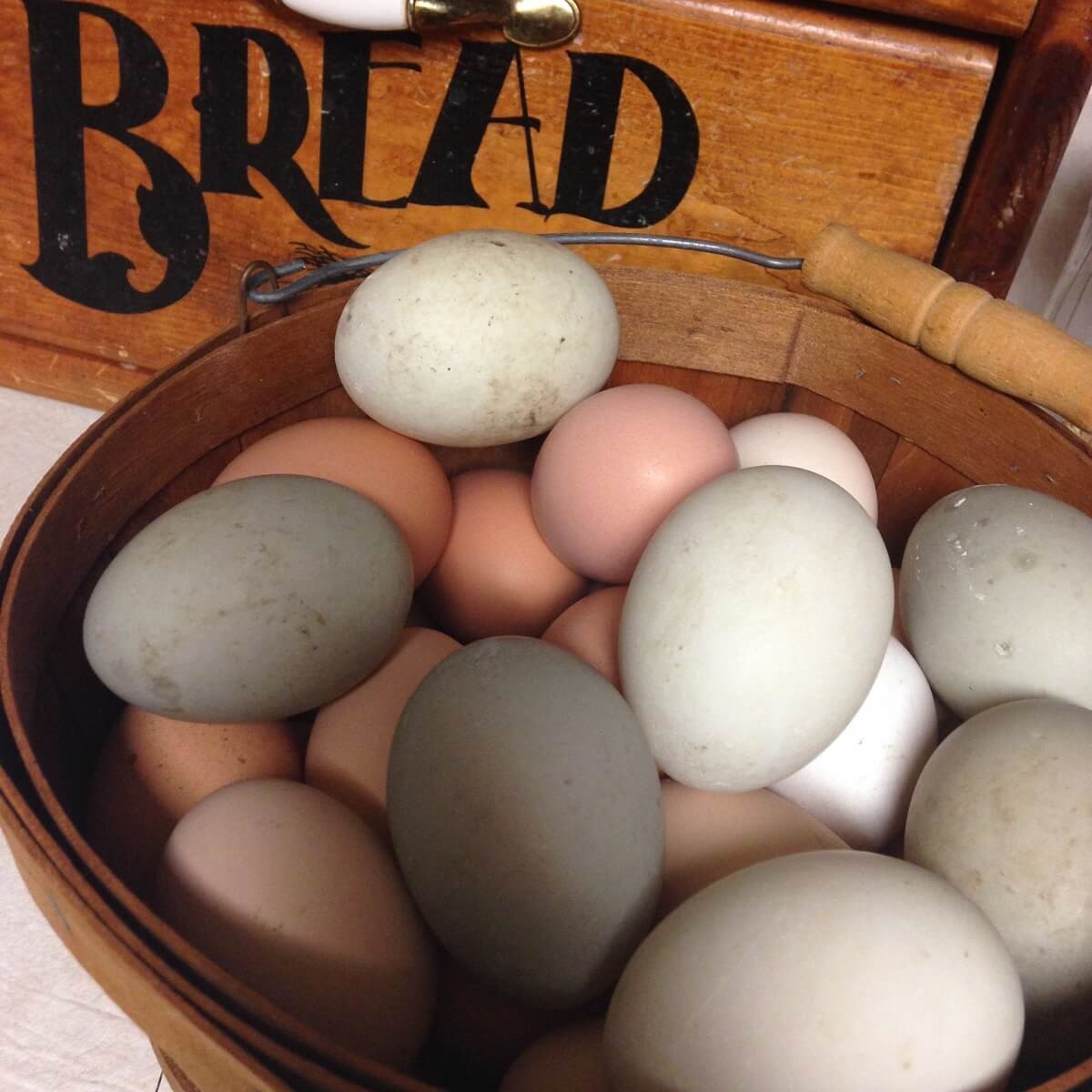



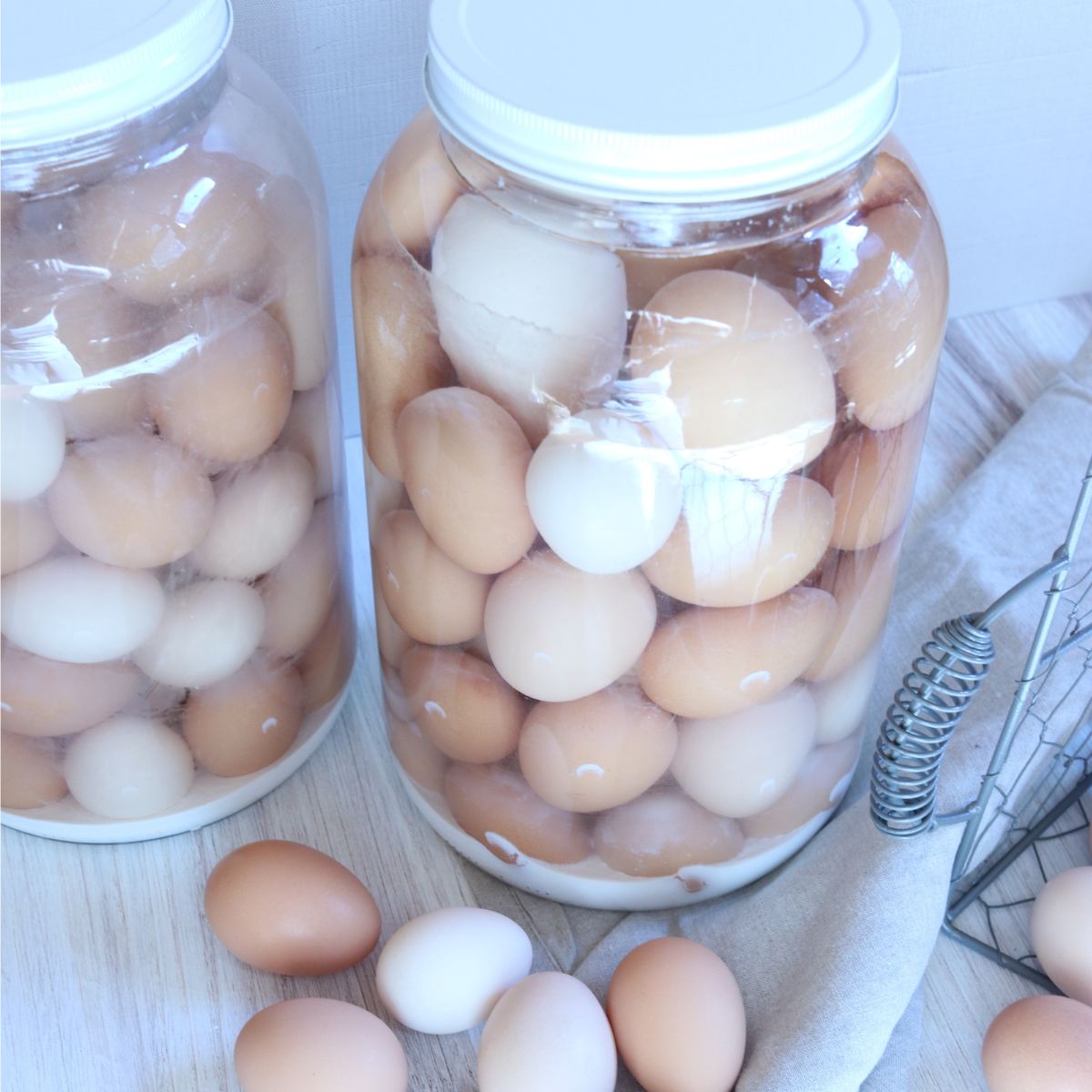

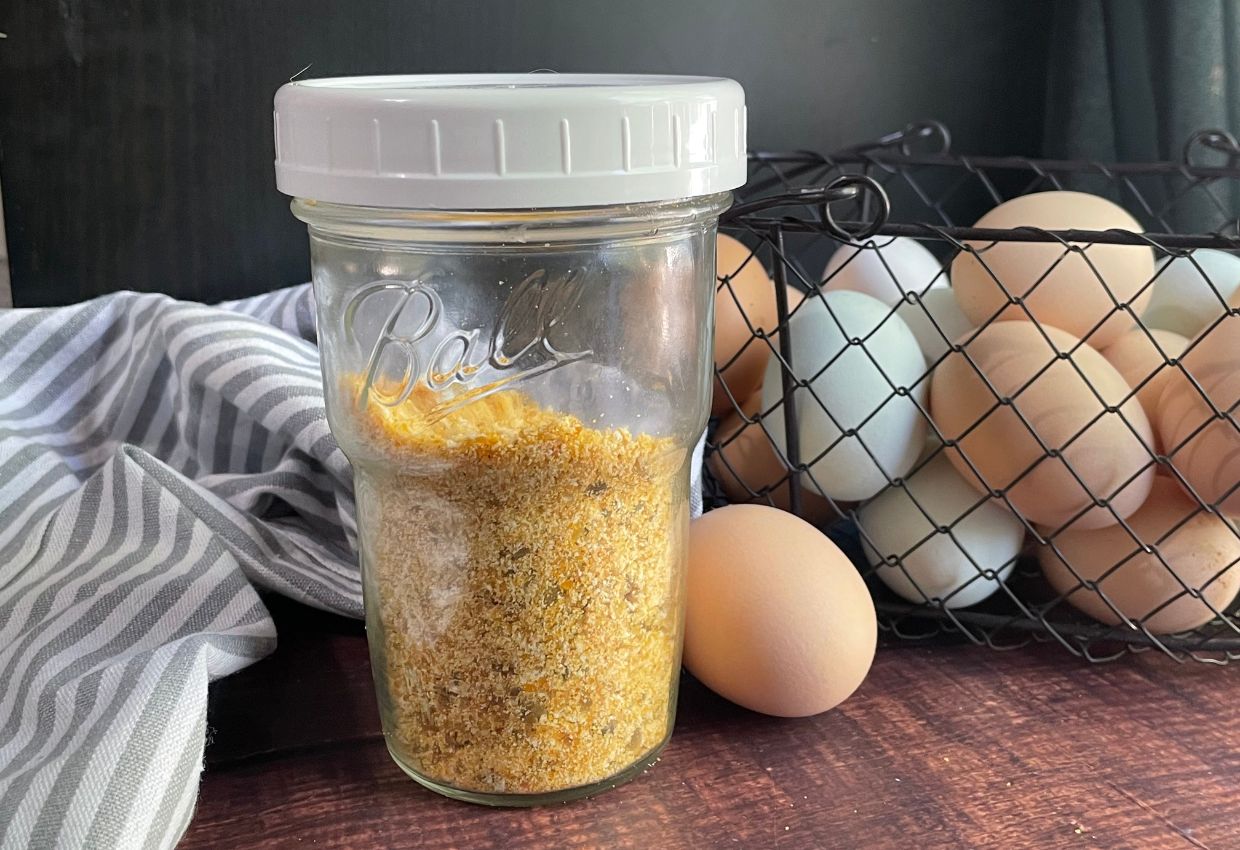

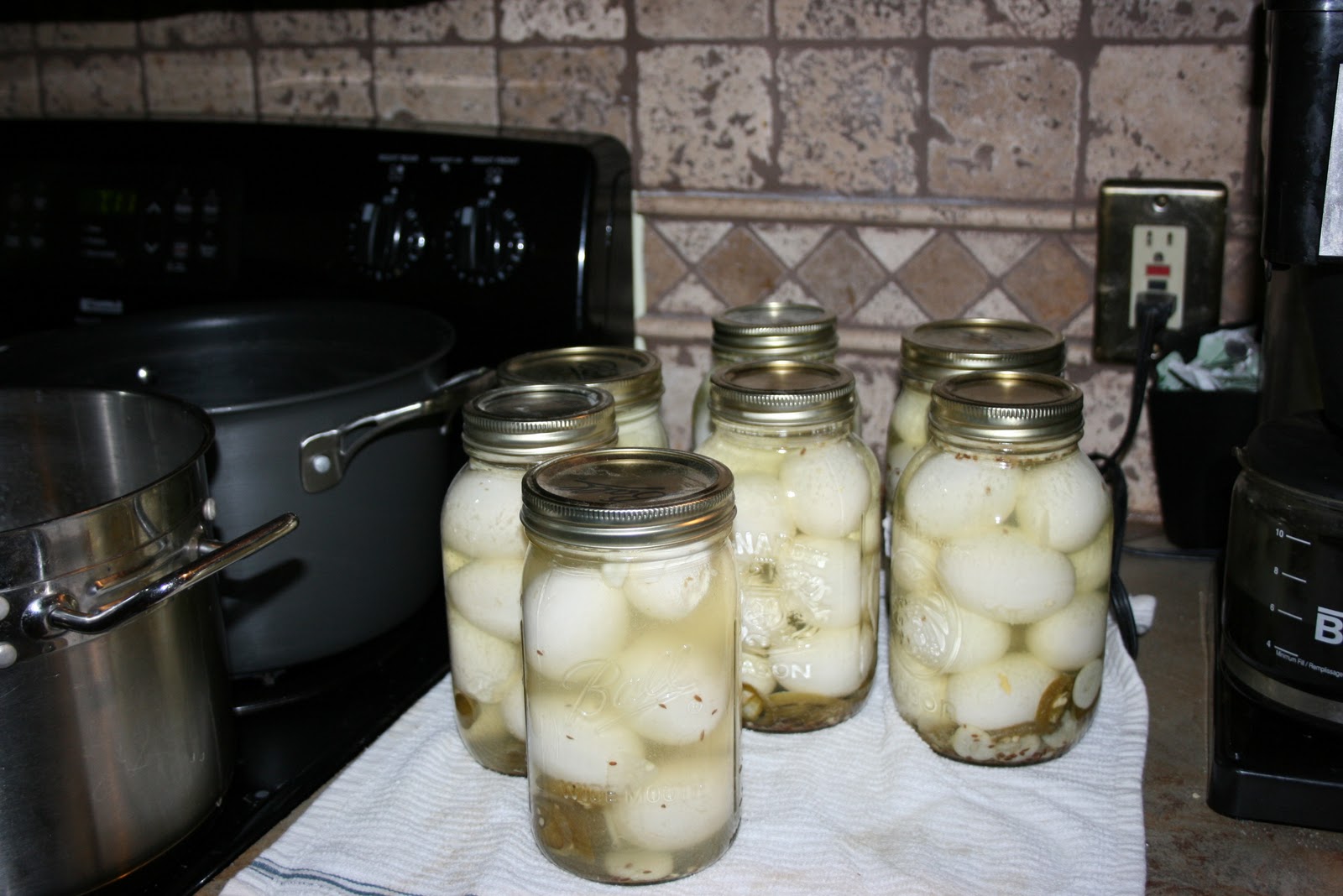

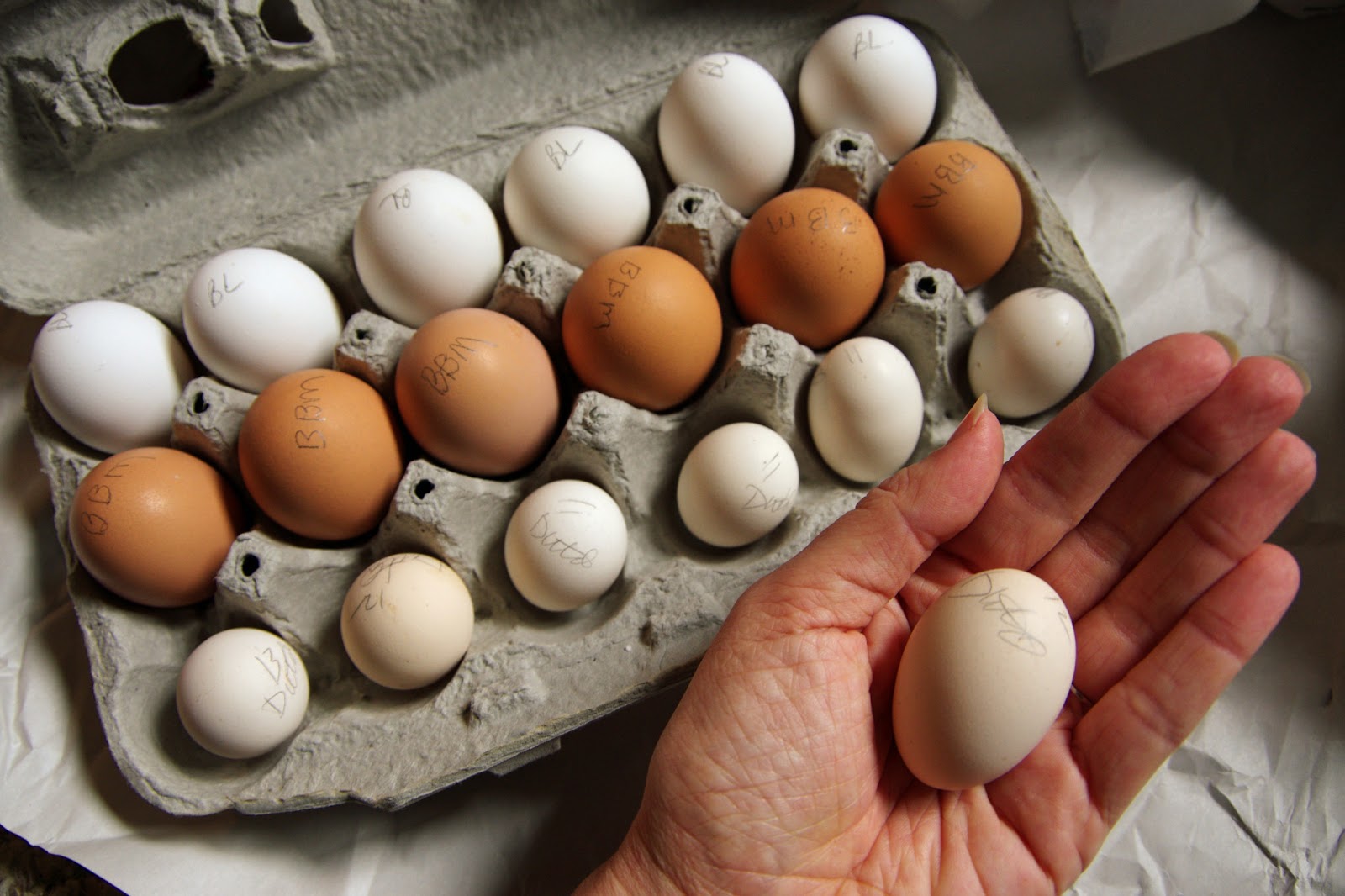



0 thoughts on “How To Store Eggs For Camping”